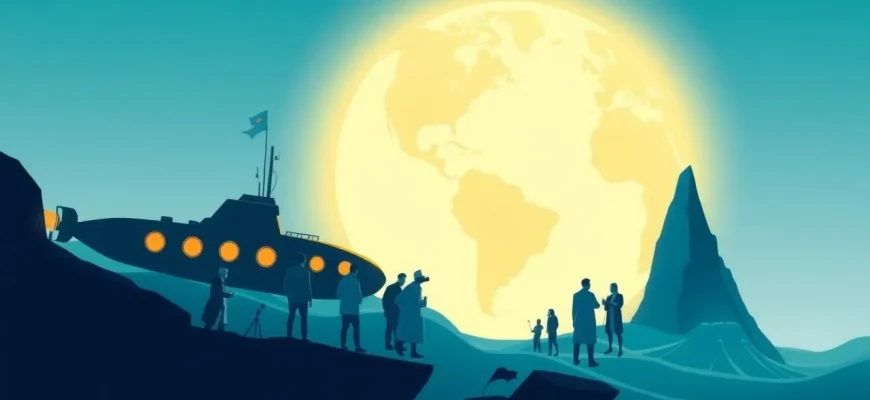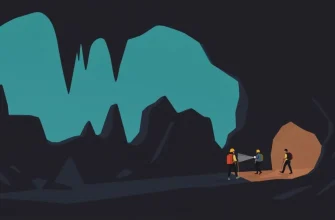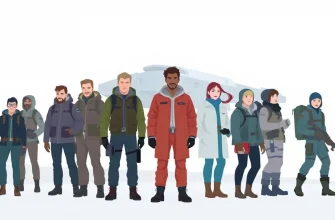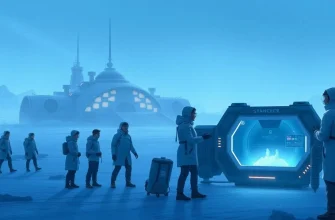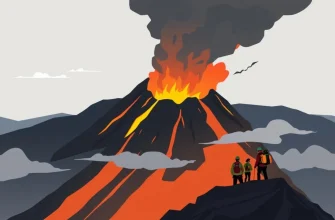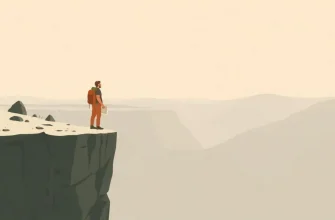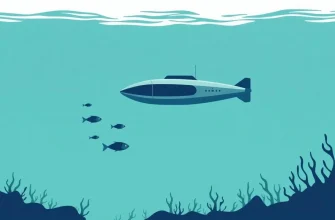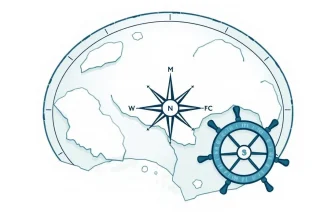Embark on a cinematic journey through the realms of science and adventure with our curated list of films. These movies not only entertain but also inspire, showcasing the thrill of discovery and the human spirit's quest for knowledge. Whether it's exploring the depths of the ocean or the vastness of space, these films capture the essence of adventure intertwined with scientific exploration.

The Abyss (1989)
Description: This James Cameron classic dives deep into the ocean where a team of underwater oil drillers encounters an alien intelligence. It's a tale of human survival, exploration, and the unknown depths of our planet.
Fact: The film was shot in an abandoned nuclear power plant's cooling tower to simulate the underwater environment. The special effects were groundbreaking for their time.
 Watch Now
Watch Now 
Jurassic Park (1993)
Description: A groundbreaking adventure where scientists clone dinosaurs from ancient DNA. It's a thrilling exploration of genetic engineering and the ethical dilemmas it poses.
Fact: The film's animatronics and CGI were revolutionary, with many scenes featuring real-life animatronic dinosaurs.
 Watch Now
Watch Now 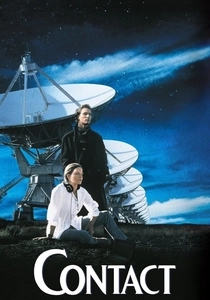
Contact (1997)
Description: Based on Carl Sagan's novel, this film follows Dr. Ellie Arroway as she discovers a signal from an alien civilization. It's an adventure in both the physical and philosophical sense, exploring the implications of first contact.
Fact: Jodie Foster, who plays Ellie, actually met with real-life scientists to prepare for her role, including Nobel Prize winners.
 Watch Now
Watch Now 
Sphere (1998)
Description: A team of scientists investigates a mysterious spacecraft at the bottom of the ocean, leading to psychological and scientific adventures. It's a blend of science fiction and psychological thriller.
Fact: The film is based on Michael Crichton's novel, known for his scientifically plausible thrillers.
 Watch Now
Watch Now 
Deep Impact (1998)
Description: When an asteroid is discovered on a collision course with Earth, a team of astronauts is sent to destroy it. This film combines the thrill of space exploration with the human drama of impending doom.
Fact: The film was released the same year as "Armageddon," leading to comparisons between the two asteroid-themed movies.
 Watch Now
Watch Now 
The Core (2003)
Description: A team of scientists must drill to the center of the Earth to restart its core, which has stopped spinning. It's an adventure into the unknown depths of our planet.
Fact: The film's premise, while scientifically implausible, was inspired by real theories about the Earth's core and its magnetic field.
 Watch Now
Watch Now 
The Day After Tomorrow (2004)
Description: A sudden global weather shift leads to a new ice age. This film explores the potential consequences of climate change through the lens of adventure and survival.
Fact: The film was inspired by the book "The Coming Global Superstorm" by Art Bell and Whitley Strieber.
 Watch Now
Watch Now 
Interstellar (2014)
Description: A group of astronauts travel through a wormhole near Saturn in search of a new home for humanity. This film delves into theoretical physics, time dilation, and the survival of the human race.
Fact: Kip Thorne, a Nobel Prize-winning physicist, was a scientific consultant for the film, ensuring the depiction of black holes and wormholes was as accurate as possible.
 Watch Now
Watch Now 
Prometheus (2012)
Description: A team of explorers discover a clue to the origins of mankind on Earth, leading them on an adventure to the darkest corners of the universe. It's a prequel to the Alien franchise, focusing on the quest for knowledge.
Fact: The film was shot in 3D, with Ridley Scott using the technology to enhance the sense of depth and scale in the alien landscapes.
 Watch Now
Watch Now 
The Martian (2015)
Description: When astronaut Mark Watney is stranded on Mars, he must use his botany skills and ingenuity to survive. This film is a testament to human resilience and the spirit of scientific problem-solving.
Fact: The film's science was reviewed by NASA for accuracy, and the potatoes grown by Watney were actually grown in a Mars-like environment for authenticity.
 Watch Now
Watch Now 
